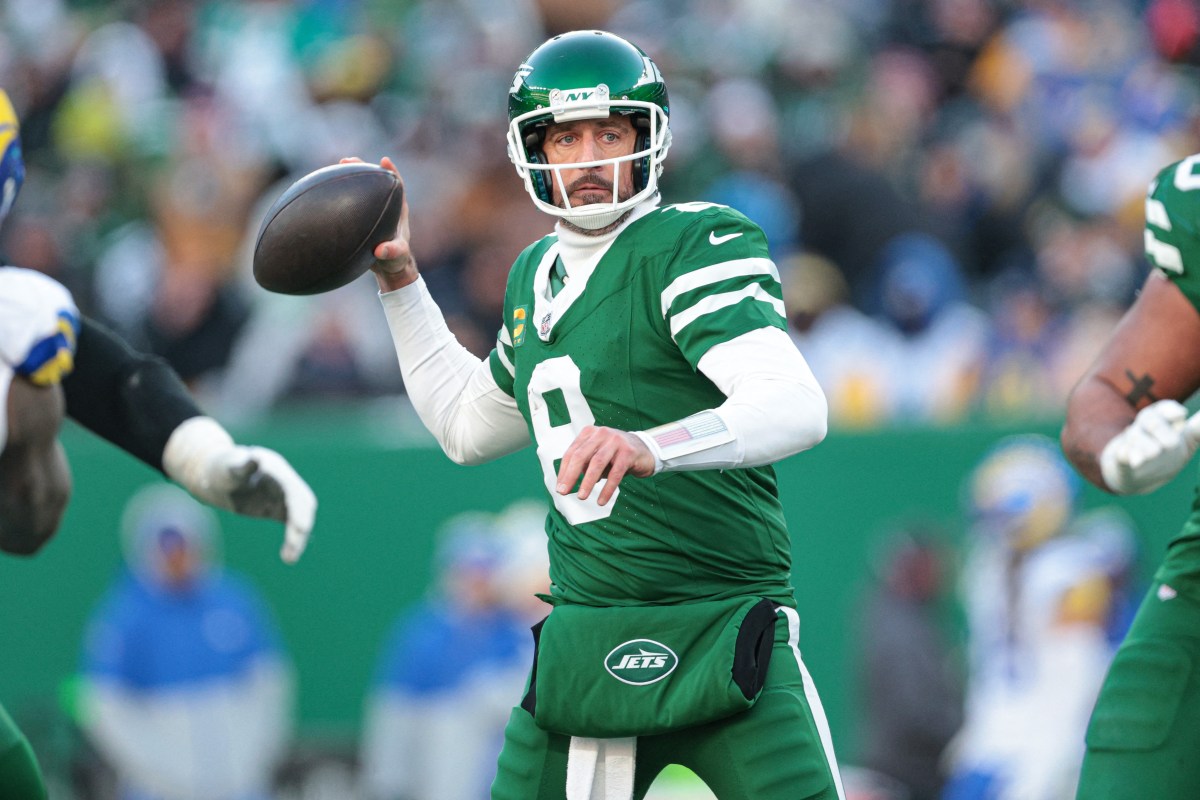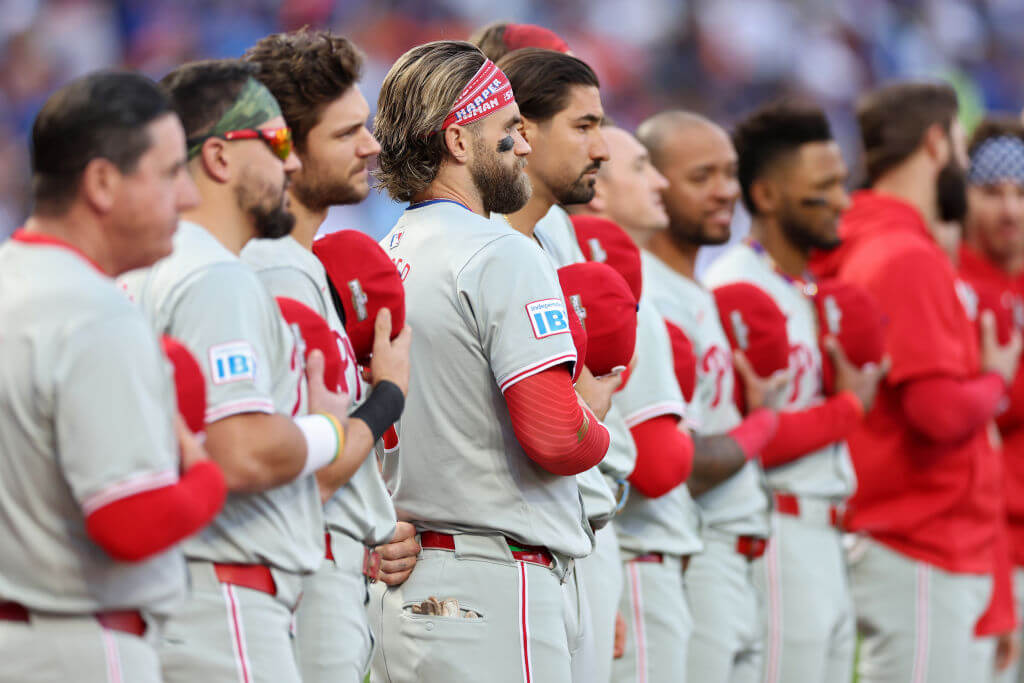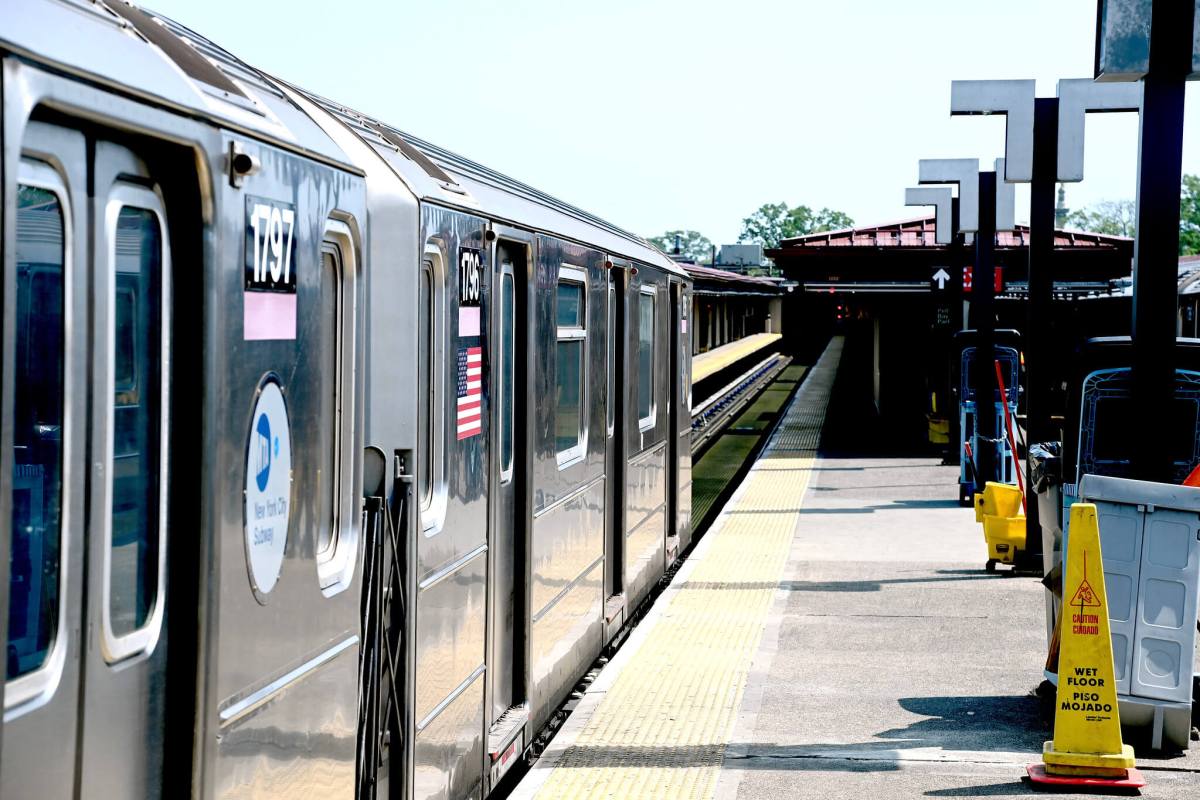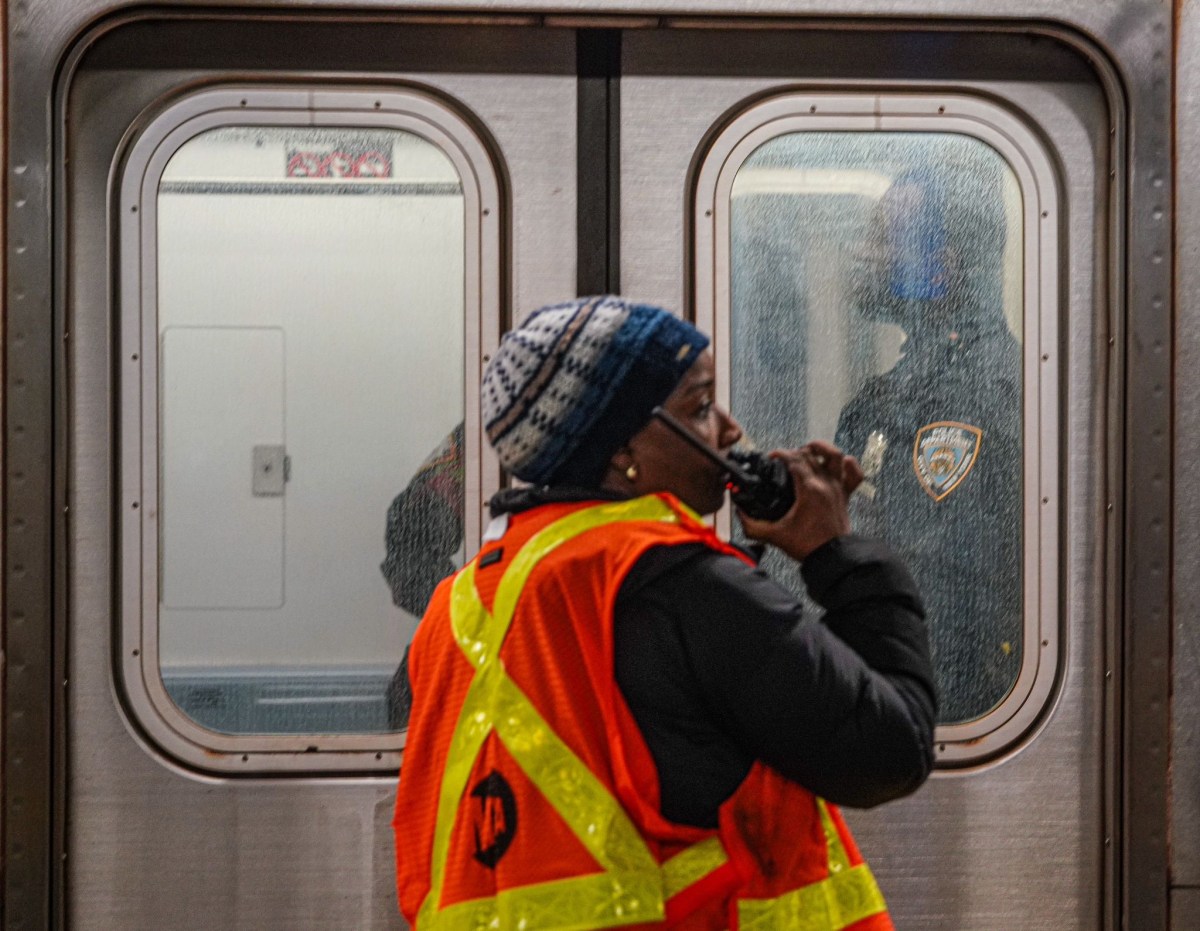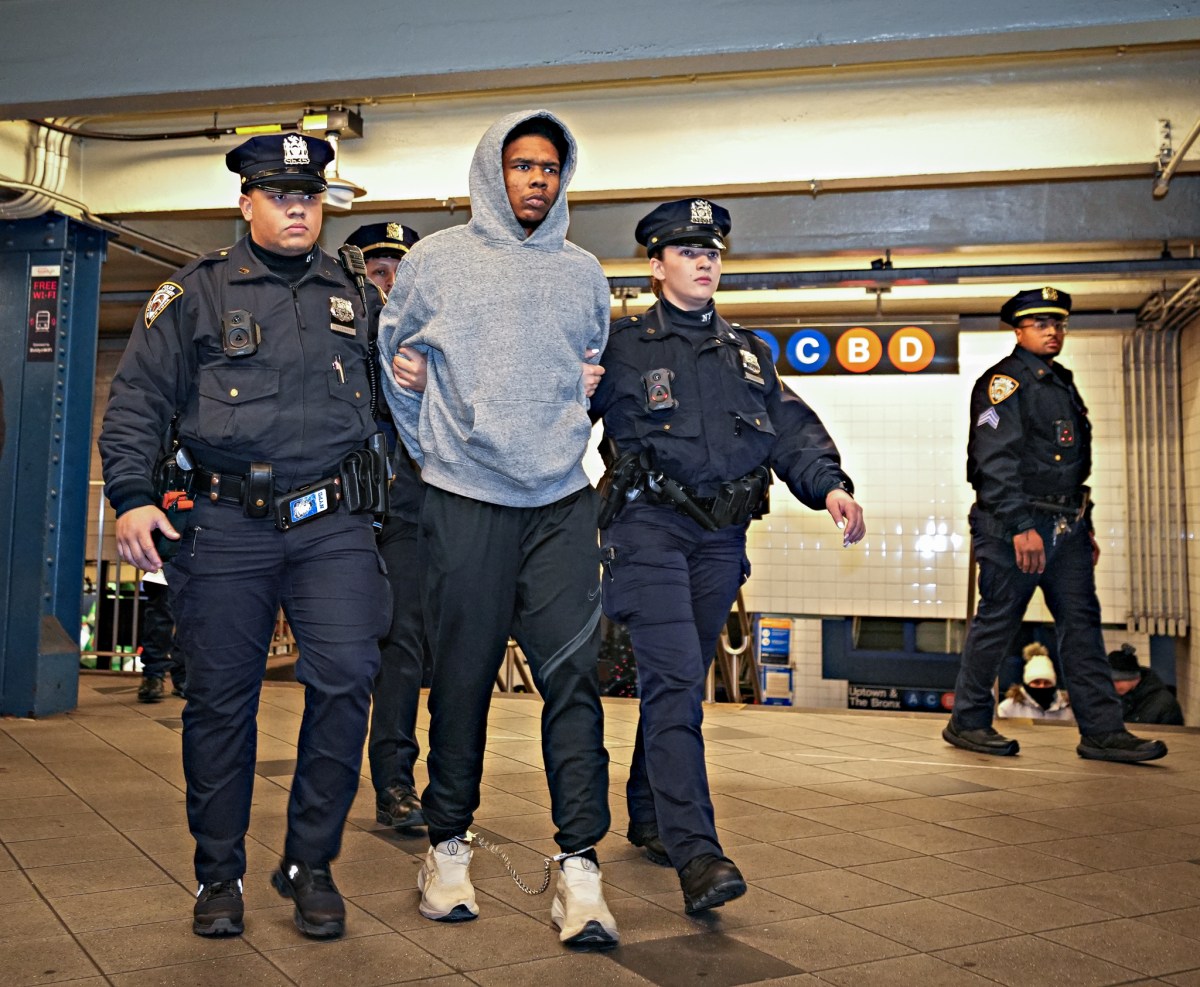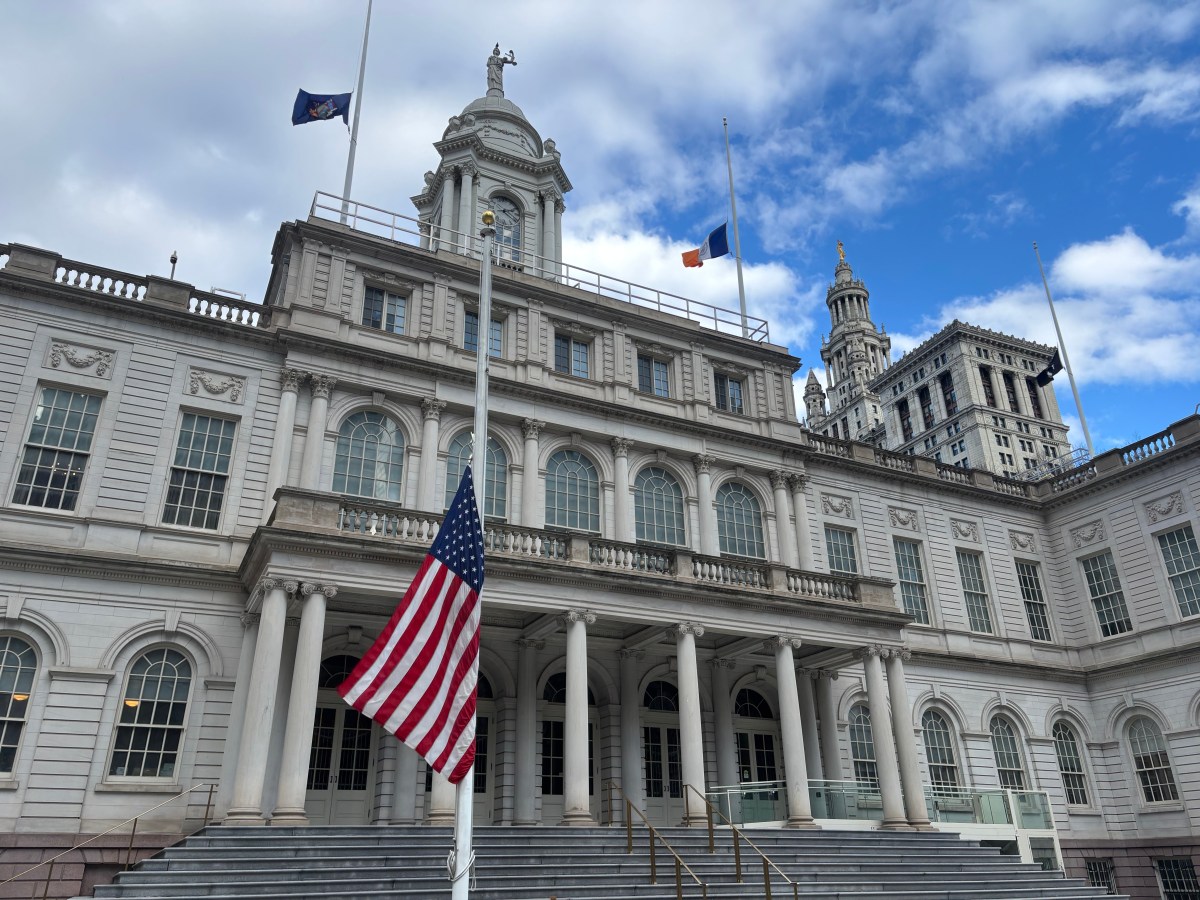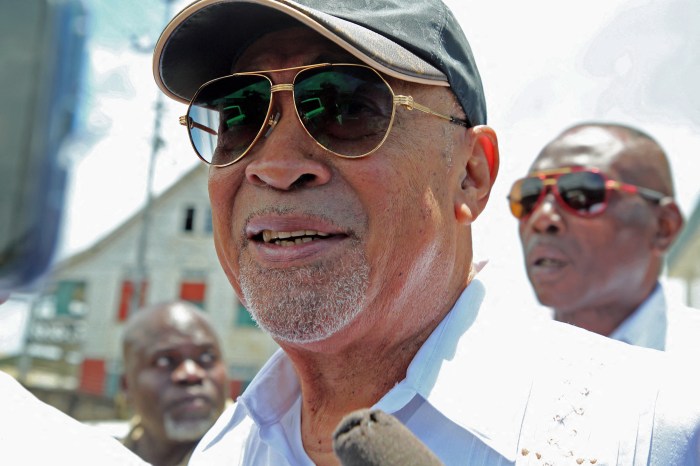BOSTON (Reuters) – A federal judge in Boston said on Thursday she would likely reject a last-ditch effort by two men to avoid being extradited to Japan to face charges that they helped former Nissan Motor Co Ltd Chairman Carlos Ghosn flee the country.
U.S. District Judge Indira Talwani said she was leaning toward concluding that the U.S. State Department needed to take an additional step before allowing U.S. Army Special Forces veteran Michael Taylor and his son, Peter Taylor, to be handed over to Japan.
But that step, which involves certifying its compliance with obligations to not extradite people to countries where they could face torture, “isn’t a very heavy lift,” Talwani said.
Assuming the department did so, Talwani said she likely would rule against the Taylors. She voiced skepticism of their lawyers’ arguments that they could not be prosecuted in Japan for helping someone “bail jump.”
“What we have here is a set of conduct that is a crime here and looks like is a crime there,” she said.
Talwani said she would hold off on lifting an order she issued last week temporarily blocking their extradition until she formally ruled. Defense lawyer Tillman Finley said the Taylors would appeal any ruling against them.
The Taylors were arrested in May at Japan’s request. The State Department informed their lawyers last week it had approved turning them over.
Prosecutors say the Taylors helped Ghosn flee Japan on Dec. 29, 2019, hidden in a box and on a private jet before reaching his childhood home, Lebanon, which has no extradition treaty with Japan.
Ghosn was awaiting trial on charges that he engaged in financial wrongdoing, including by understating his compensation in Nissan’s financial statements. Ghosn has denied wrongdoing.
Prosecutors said the elder Taylor, a private security specialist, and his son received $1.3 million for their services.
(This story adds dropped “a” in quote in fifth paragraph)
(Reporting by Nate Raymond in Boston; Editing by Richard Chang)













